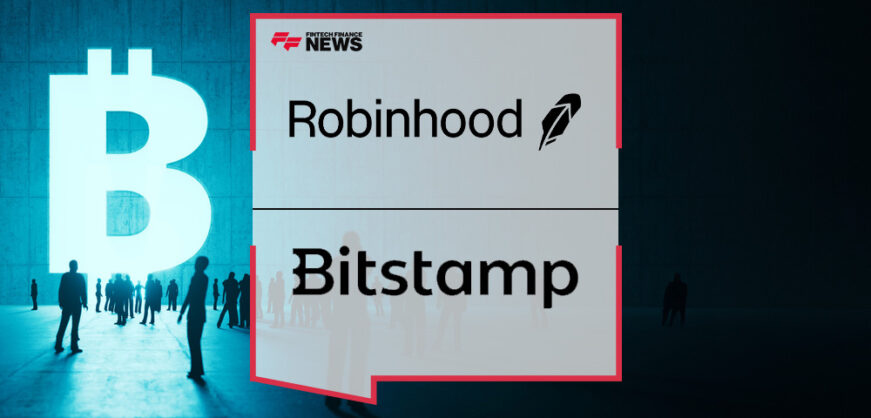Amid escalating geopolitical tensions between the United States and Russia, Binance, the world’s leading cryptocurrency exchange regarding trading volume, could face legal troubles.
The Wall Street Journal has alleged that the exchange facilitated illicit money transfers by Russian users, potentially violating US sanctions targeting Russia’s economy as a response to its military activities in Ukraine.
Binance’s peer-to-peer (P2P) functionality reportedly allowed Russians to transfer an average of $428 million monthly. This sizable flow of funds has raised concerns that it might have contributed to undermining the effectiveness of the US-imposed sanctions on Russia. The allegations have come when Binance is already in a strained relationship with US regulatory authorities, including the US Securities and Exchange Commission (SEC).
Binance has vehemently denied the allegations, asserting its compliance with “global sanctions rules.” The platform has distanced itself from any financial associations with its P2P service. However, these statements coincide with a period of confrontation between Binance and US regulators.
The Commodity Futures Trading Commission (CFTC) had accused the exchange of violating US financial regulations, alleging unauthorized advertising of its US operations and violations of anti-money laundering laws.
In response, Binance has contested the CFTC’s claims, emphasizing its proactive measures to prevent US users from engaging on the platform. These measures reportedly include blocking accounts linked to American citizens or residents and those associated with US mobile numbers.
Russian President, Vladimir Putin, has been championing the de-dollarization movement within the BRICS group, signalling a deep-seated interconnection of interests. This movement seeks to reduce dependence on the US dollar, which Putin asserts is undergoing an “objective and irreversible” decline in its global standing.
Putin’s remarks on this matter were delivered during the BRICS conference, where he elaborated on pursuing economic alliances that cater to the “global majority.” He offered insights into the ongoing efforts to shift away from the US dollar and diversify economic ties.
The convergence of these factors has created a complex web of implications for Binance. The allegations of facilitating unauthorized money transfers for Russian users, despite being refuted by the exchange, carry potential legal consequences of the framework of US sanctions. Furthermore, Binance’s clash with US regulators over compliance matters casts a shadow over its operations in the US market.
These developments could significantly affect the global cryptocurrency landscape, which is already undergoing rapid transformations. The relationship between regulatory compliance, international politics, and financial innovation is now more intricate than ever.
As the legal situation evolves, Binance’s ability to navigate these complexities while maintaining its position as a key player in the cryptocurrency realm will be closely monitored by market participants, regulators, and the broader public.





